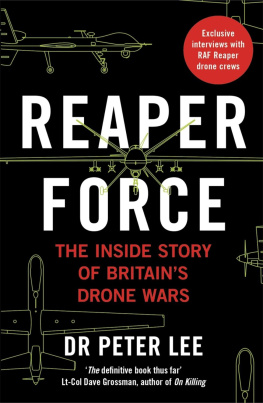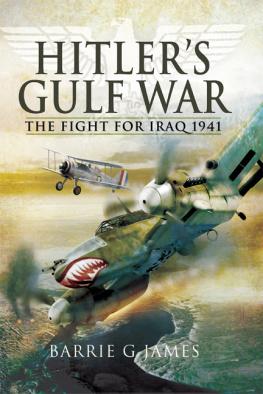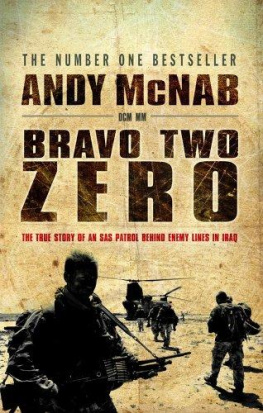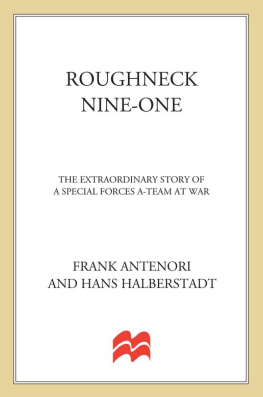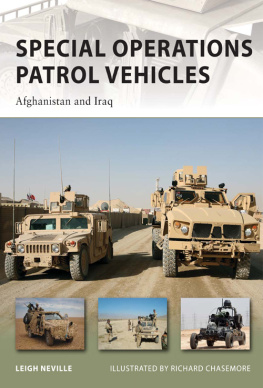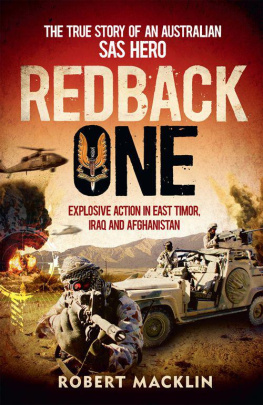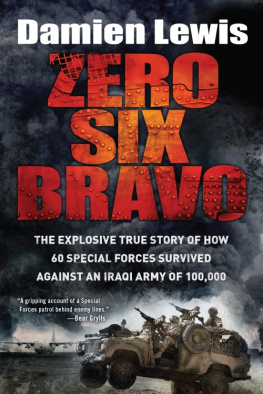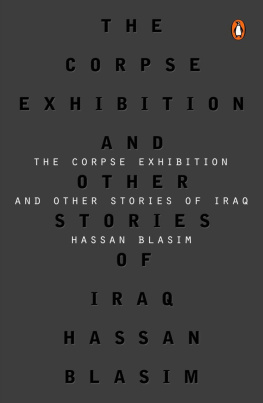
To Matthew and Damien, for the
undying love and support they have
given me through all the hard times
First published in Great Britain 1996
This electronic edition published in 2014 by Bloomsbury Publishing Plc
Copyright 1996 by Peter Crossland
The moral right of the author has been asserted
Every reasonable effort has been made to trace copyright holders of material reproduced in this book, but if any have inadvertently been overlooked the publishers would be glad to hear from them.
All rights reserved
You may not copy, distribute, transmit, reproduce or otherwise make available this publication (or any part of it) in any form, or by any means (including without limitation electronic, digital, optical, mechanical, photocopying, printing, recording or otherwise), without the prior written permission of the publisher. Any person who does any unauthorised act in relation to this publication may be liable to criminal prosecution and civil claims for damages.
Bloomsbury Publishing Plc
50 Bedford Square
London WC1B 3DP
www.bloomsbury.com
Bloomsbury is a trademark of Bloomsbury Publishing Plc
Bloomsbury Publishing, London, New Delhi, New York and Sydney
A CIP catalogue record for this book is available from the British Library
eISBN: 978-1-4088-5834-9
To find out more about our authors and their books please visit www.bloomsbury.com where you will find extracts, author interviews and details of forthcoming events, and to be the first to hear about latest releases and special offers, sign up for our newsletters here.
Contents
Since this will probably be the only book I shall ever write, I would like to express my sincere thanks to a number of people. Nana and Aunt Barbara for taking on the difficult role of mother. My sisters Christine and Barbara for always being there, especially recently. Uncle Peter for giving me the inspiration to join the army in the first place. Also other family members: Uncle Brian, Aunt Mary, Uncle John, Aunt Betty and my brother-in-law John.
I must also thank my friends in the SAS and the Royal Green Jackets, both those still serving and ex-members. There are many of them and they know who they are.
Those men in our half-squadron group who are honest with themselves will bear out the content of this book: while their individual perception of events will doubtless be different, my overall view is a truthful one. Pete was without doubt the one who got us through the Gulf War. His cool, calm and professional manner on Victor Two was outstanding, and without his command and leadership men would certainly have been killed.
My thanks go also to John Napier, Mac McFaddian, Dave Mason, Dave Smith, Billy Hughes, Phil Ibbotson, Macker, Andrew Shaw, Dennis Keen, Tony Spencer, Tucker, Linda Hofa, John Dukas, Steve Graham, Peter, Marion, Irene, Ian, Granny, Johnny, Franny, Goggs, Yvonne, Jimmy, Aileen, Isabel and Stanley.
Yvonne has stood by me through perhaps the most difficult time of my life; when I thought I was losing it completely, she held me together. Finally I must thank my boys Matthew and Damien, whom I love unashamedly.
When this book was first published in hardback the grave nature of the accusations made in it were the subject of an inquiry carried out by senior officials of the special forces group of the Ministry of Defence.
The allegations that I made about what happened when we made an attack on an Iraqi communications centre were carefully investigated by the MOD. They questioned a number of men also involved in the operation. Having made these enquiries, the MOD decided not to become involved in any further legal action against me.
To date I have heard nothing more. I leave it up to the reader to form their own opinion.
It was 0200hrs. We were tasked with destroying an Iraqi communications centre. Thirty-four members of the SAS against unknown to us a force of three hunded Iraqis.
I had already opened the bidding by taking on an Iraqi conscript at close range; it was either him or me the Iraqi lost. He had been dead for three minutes before the Iraqi comms station came alive.
As we moved quickly away from the desert installation, I saw a group of figures 20 metres away, standing on top of the sand dune, silhouetted against the dark velvet of the desert night.
Who the fuck are they? I whispered.
Its okay, theyre only civvies, someone said.
Dead wrong. The silhouettes suddenly opened fire on us and all hell broke loose. Nearby, Slugger dropped to the ground as the vortex of a high velocity Iraqi round, passed through his trouser leg. Matt, Ian and I reached the side of the Mark 19 wagon and quickly put the vehicle between the Iraqis and ourselves. To my left the roar of an engine drew my attention to the fact that one of our wagons was taking off. Where the fucks he going? I thought to myself. Were in the middle of a fire-fight.
But suddenly I had more important things to think about. Matt and Ian stood by the truck tailgate putting down fire on the enemy. I jumped up on the wagon, pointed at the Iraqis and shouted, Leslie, get some fucking fire down!
Leslie started firing blindly into space, totally in the wrong direction.
You fucking idiot! I grabbed hold of the weapon and turned it towards the enemy, There! Over there! I yelled at him.
I jumped off the truck and joined Matt and Ian at the rear of the wagon, from where all three of us fired for all we were worth towards the enemy position. By this time the rate of the incoming Iraqi fire had increased dramatically, but we tried desperately to stand our ground. Looking to my left, I saw more of our lads putting down fire.
Wheres Brian? I shouted.
Hes fucked off in a wagon, someone yelled.
As soon as the shooting started, Brian had dived into the front of the nearest wagon and screamed at the driver to get the fuck out of there. One or two other men had also managed to jump on the back as it raced off into the darkness, leaving the rest of us behind.
1
Tough Beginnings
Killing is a serious business. I should know, because it is what I do for a living or did until recently. I have often wondered about the effect of the sudden and violent extinguishing of life on the rest of us, and on the universe in general. We kill animals bred for food; we also hunt and kill rats, rabbits and other creatures classed as vermin and we do it without thinking. The serious part starts when man kills his fellow men. Sometimes we can square our conscience here too: Jews, Palestinians, and, of late, Iraqis have all been regarded in certain quarters as the human equivalent of vermin.
It is claimed that over a hundred thousand Iraqi soldiers died in the Gulf War. Many died, and were buried at the same time, during the relentless bombing of their trenches by the Coalition air forces. Many others met their end in the retreat from Kuwait city, as tanks and military trucks intermingled with civilian vehicles. But when the Coalition war machine found them, hell swiftly followed: not the end of a useful life; not the comfort of an aged death surrounded by family members; but the burning flesh, insane screaming and white-hot metal delivered by modern weaponry. We of the Coalition rejoiced, having mentally dehumanised these young Iraqi soldiers. To us that long convoy winding along the road to Basra, staggering under the weight of loot extracted from Kuwaiti citizens, was just a single poisonous snake which we had beheaded with smart bombs, fired from an untouchable distance. But what we had really killed were students, peasant farmers, husbands and fathers. They were men who would be mourned by those left behind, men who had been loved, men who had lived their lives with dignity, men who had now inhaled the burning air and felt the pain of seared flesh.
Next page

